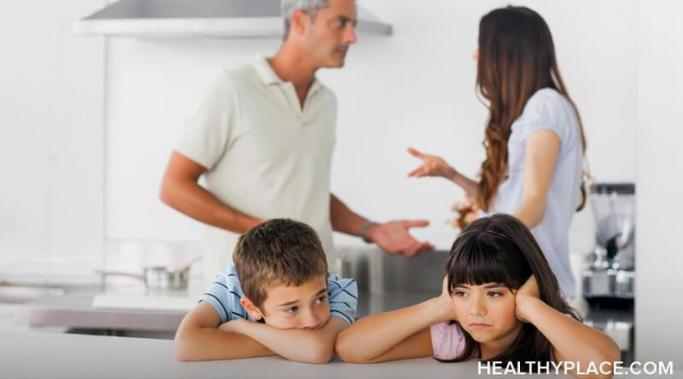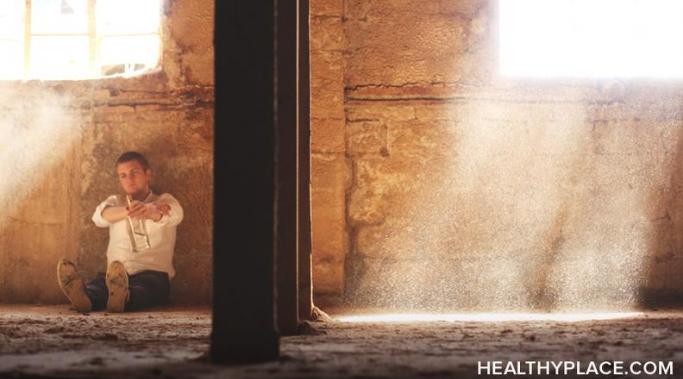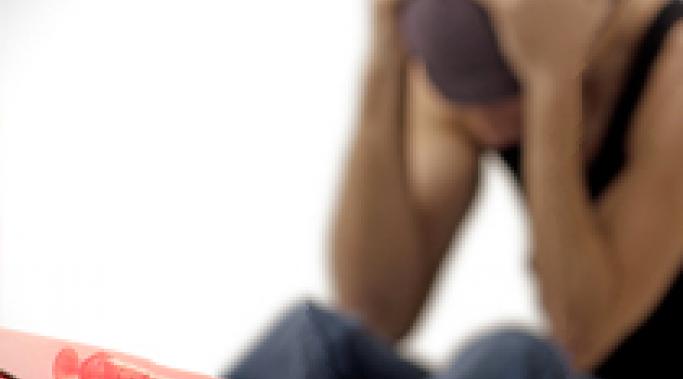Making the decision to send a child to a residential treatment center for mental health or addiction problems can be extremely difficult. The process of getting a child proper treatment creates a large amount of anxiety. Some of the most common concerns that parents have encountered when facing this difficult decision include:
How do I know which residential treatment program is right for my child?
Is my child going to be safe in a residential treatment program?
What will happen when it is time for my child to integrate back into the home?
Mental Health Treatment Circle
The life of an athlete is not necessarily as fun and easy as many fans believe it to be. Not only do professional sports take a physical toll on an athlete’s body, but a mental toll as well. Many people do not understand the enormous amount of stress that goes along with being a truly great athlete.
Not only is it difficult to make the decision to enter a mental health or addiction treatment program, but the financial aspects of seeking care can cause some roadblocks for a large number of individuals. Even for those who have mental health insurance coverage, it can be a daunting task to determine how you are going to pay for a mental health treatment program.
Choosing to enter a residential treatment program for mental health issues or drug and alcohol abuse is a major decision and, for many, a step in the right direction for a better life. However, once the program is completed, it can leave you wondering what’s next.
Having a loved one enter a rehab program for their drug or alcohol addiction can be a difficult time for everyone involved. As a family member, you are likely facing a number of different emotions and may be struggling with some concerns about how effective the addiction treatment program is going to be for your loved one. Additionally, some rehab programs will not allow your loved one to have contact with the outside world during the initial stages of the program. This can be especially hard for family members, however it is essential to helping your loved one or family member concentrate all of his or her energy on getting sober with as few distractions as possible.
Alcohol addiction is often referred to as a family disease because not only does the alcoholic suffer from the hazardous effects, but the family is victimized as well. Living with an alcoholic on a daily basis is not an easy task and can be quite an emotional rollercoaster. One moment you may be sad and worried about your loved one. Then, within a matter of minutes, you may become overwhelmed with frustration and anger. The lies, angry outbursts, financial difficulties, and constant unpredictability can quickly become too much to handle. Children of an alcoholic may become depressed and start to act out, while the spouse may become so preoccupied by their loved one’s drinking that he or she begins to neglect his or her own needs (How to Deal with an Alcoholic).
The journey through alcohol addiction recovery is a long and bumpy ride. Some individuals may have the expectation that as soon as they stop drinking alcohol, all of their problems are going to go away. However, this is not the case. Addiction is a disease, not something one can simply walk away from, and building a new life without the use of alcohol is going to take time.
Every person is unique in their own way and as such, treatment for alcohol addiction should never use a cookie-cutter approach. Using one type of therapy for alcohol addiction is not guaranteed to help all individuals who are struggling to get sober. This is why, first and foremost, if you have made the decision to seek help for your alcohol abuse or alcohol addiction (alcoholism) you should take the time to research different treatment options so that you can determine which one may work best for you. (Not sure if you have a drinking problem, take our alcoholism test.)
Too much of anything is a bad thing. I’m sure by now that everyone has heard that alcohol abuse and addiction is extremely bad for you and can cause a number of adverse consequences. But what exactly do the effects of alcohol abuse and alcohol addiction (alcoholism) look like?
You have depression and you’re drinking or drugging to try and get rid of those feelings of sadness, hopelessness, numbness and isolation. Maybe you even have physical symptoms of depression that the alcohol or drugs seem to be relieving. In the end, however, you realize the drinking and drugs are making things worse.
While depression is a treatable mental health condition, many men and women are either getting improper depression treatment or no depression treatment at all.









